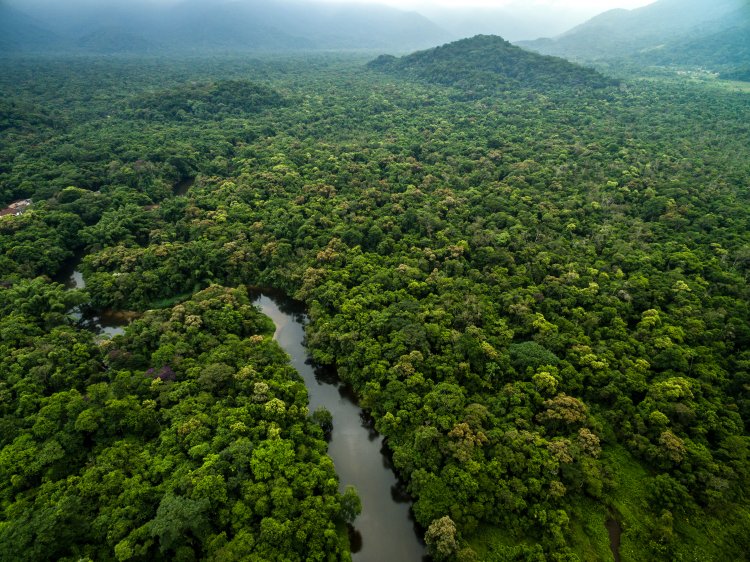Soya and Beef Produce from Amazon Forest Links to Its Deforestation

Up to one-fifth of Brazil's soya exports to the European Union may be contaminated by illegal deforestation, a study has found.
Researchers used freely available maps and data to identify the specific farms and ranches clearing forests to produce soya and beef destined for Europe.
They found 2% of properties were responsible for 62% of illegal deforestation.
These "bad apples" have global environmental consequences, they said.
Prof Raoni Rajão, of the Universidade Federal de Minas Gerais in Brazil, said it was up to the country's political and economic leaders to root out "the bad apples in the soy and beef sectors".
"Brazil has the information it needs to take swift and decisive action against these rule-breakers to ensure that its exports are deforestation-free," he said.
Reports from non-governmental organisations and journalistic investigations have previously revealed cases of soya and beef being produced in areas of deforestation and exported.
But this is the first study to link property-level illegal deforestation with export data.
The research, published in the journal Science, found that 2% of properties in the Amazon rainforest and the Cerrado grasslands are responsible for 62% of all potentially illegal deforestation.
Roughly 20% of soya exports and at least 17% of beef exports to the EU may be "contaminated with illegal deforestation", the researchers said.
According to their analysis, two million tons of soya grown on properties with illegal deforestation may have reached EU markets annually during the period of analysis, 500,000 of which came from the Amazon.
"Without knowing it, we're eating meat and dairy products from animals fed on soy grown on deforested land in Brazil," said Mike Barrett, executive director of science and conservation at WWF-UK.
"We need to stop importing habitat destruction."
In 2019, an area of primary forest the size of a football pitch was lost every six seconds across the world, according to a study by the University of Maryland, US.
Brazil accounted for a third of it, its worst loss in 13 years apart from huge spikes in 2016 and 2017 from fires.















































